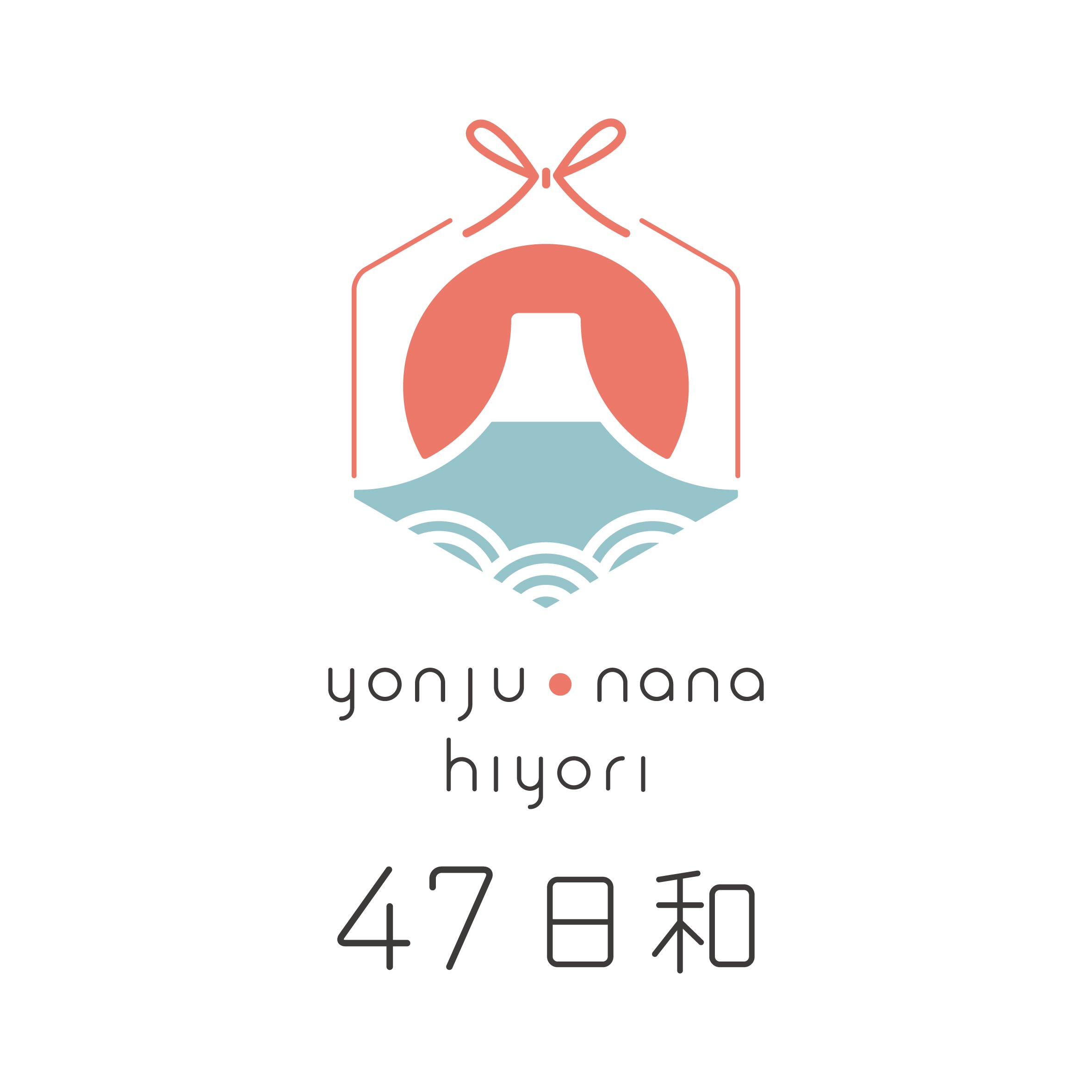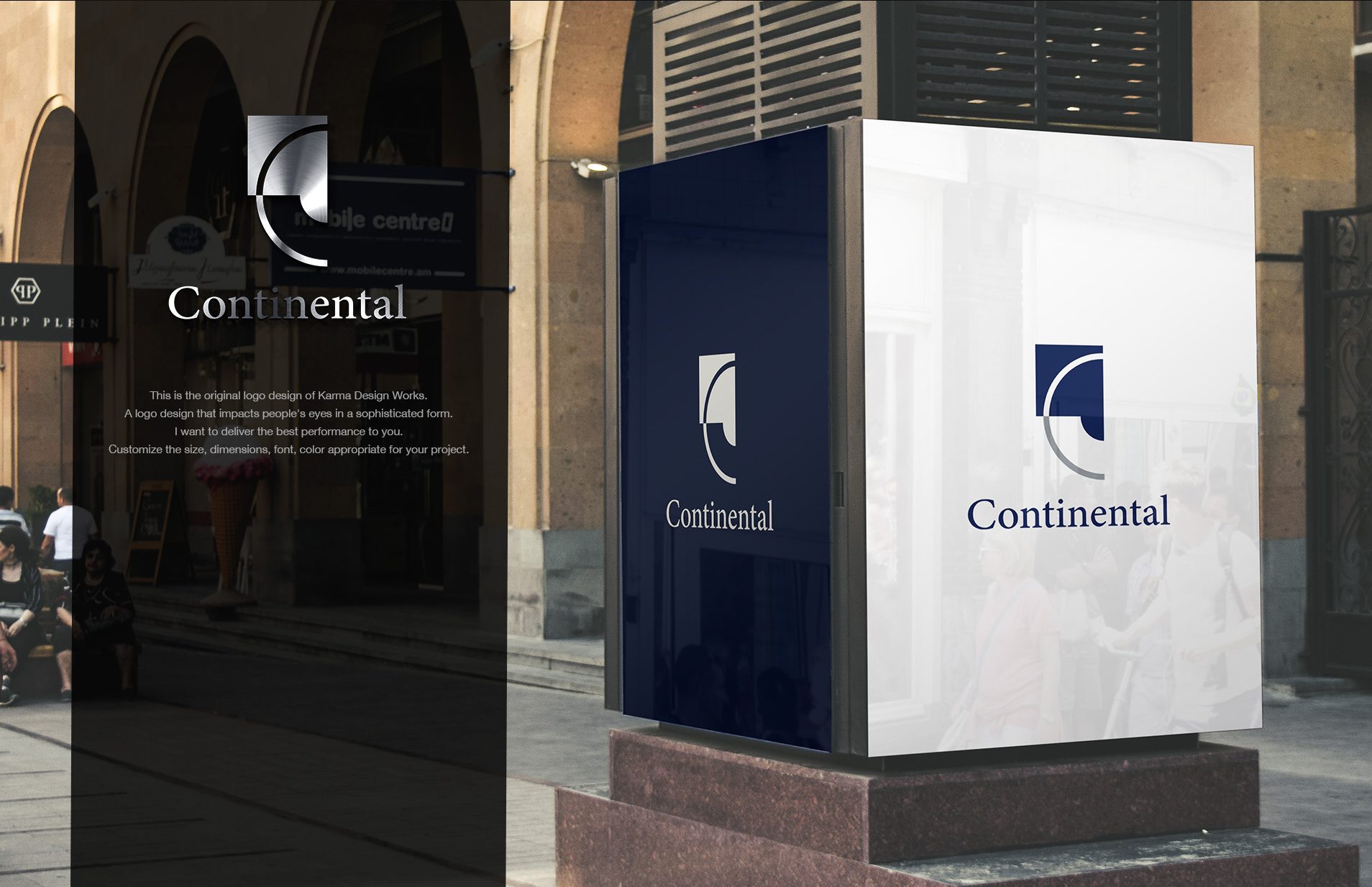Hiring Foreign Nationals on a Working Holiday Visa in Japan: A Guide for Employers
Hiring Foreign Nationals on a Working Holiday Visa in Japan: A Guide for Employers
Is it Possible to Retain Foreign Employees on Working Holiday Visas?
Employers looking to retain foreign employees who initially arrived in Japan on a working holiday visa can do so under specific conditions. Retention requires that the foreign national applies for a different work visa, such as the “Engineer/Specialist in Humanities/International Services” or the “Specified Skilled Worker” visa. However, due to various bilateral agreements, these requirements may vary by country, making it crucial for employers to verify the unique conditions for each applicant.
Overview of the Working Holiday Program
The working holiday program enables young people from partner countries to live and work temporarily in Japan, promoting cultural exchange and mutual understanding. Since 1980, when Japan first signed an agreement with Australia, the program has expanded to include 23 countries. Each year, approximately 15,000 young adults, primarily from countries like Australia, New Zealand, France, Canada, and South Korea, use this visa to explore Japan while supplementing their stay through work.
Working Holiday Visa Eligibility and Limitations
The working holiday visa has specific eligibility criteria. Applicants must be 18-30 years old (with exceptions in countries like Australia and South Korea), plan to spend most of their time in Japan on vacation, possess sufficient funds for their stay, and be in good health. Importantly, this visa is a one-time opportunity.
Employment Conditions under the Working Holiday Visa
The working holiday visa generally allows employment across various sectors in Japan without time restrictions; however, work in the adult entertainment industry is prohibited. Violations can result in deportation, with employers facing penalties, including charges of promoting illegal employment. It’s essential for companies to understand these conditions to ensure compliance and protect both the company and employee.
Duration of Stay and Potential for Status Change
The maximum duration of stay under a working holiday visa varies by country, from six months to one year. Additionally, since the working holiday visa is issued prior to entry, switching to another visa status from within Japan is typically not permitted. Some countries, such as the UK, France, Germany, Taiwan, and Hong Kong, require participants to leave Japan at the end of their working holiday and reapply for entry if they wish to return on a different visa. Employers considering permanent employment for individuals from these countries need to factor in the extra time required for a new visa application process.
Transitioning to Full-Time Employment After a Working Holiday
To continue employment after a working holiday, foreign nationals must meet the requirements for a new work visa, including:
- Engineer/Specialist in Humanities/International Services: Suitable for employees with expertise or specific academic backgrounds.
- Highly Skilled Professional: A visa for highly skilled workers meeting point-based criteria, offering certain privileges in Japan.
- Specified Skilled Worker: A qualification requiring relevant skills in specific sectors such as construction or caregiving, with eligibility based on examination results.
For applicants required to exit Japan after their working holiday, employers may need to assist with applying for a Certificate of Eligibility to bring them back under a new visa status. Since working holiday visas do not mandate higher education qualifications, employers must verify whether candidates meet the educational and skill requirements for the new visa type, particularly in the case of the Engineer/Specialist in Humanities/International Services visa.
Key Points and the Importance of Advance Preparation
Transitioning from a working holiday to a full-time work visa requires thorough preparation, as the process can be time-intensive and involve complex documentation. Consulting with immigration experts and ensuring that applicants meet all visa conditions can streamline the process. Given that visa requirements and conditions vary by country, proactive planning and due diligence with relevant authorities are essential for compliance and a smooth hiring process.
For employers aiming to retain foreign nationals post-working holiday, understanding all visa requirements and consulting with immigration professionals in advance can make the hiring process both efficient and compliant with Japanese regulations.
Professional

Masakazu Murai
Immigration consultant, financial advisor
He has 18 years’ experience in Investment Banking at Mitsubishi UFJ Morgan Stanley. He had provided financial advisory more than 500 entrepreneurs and senior management.
He currently supports many foreign entrepreneurs in Japan, taking advantage of the experience of an investment banker. He is the best expert of Business VISA in Japan.
Gyoseishoshi Immigration Lawyer
CMA (Japanese financial analyst license)
CFP (Certified Financial Planner)
MBA in Entrepreneurship


















